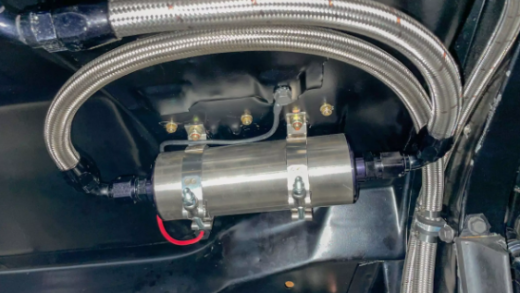Singing is an art form that captivates audiences worldwide, but have you ever wondered why it is often considered harder to sing live? In this blog post, we will delve into the intricacies of live singing and explore the various factors that make it a challenging endeavor for even the most talented vocalists. From technical difficulties to the pressure of performing in front of a live audience, we will uncover the reasons behind the heightened difficulty of singing live.
1. Vocal Control and Technique:
One of the primary reasons why singing live is more challenging is the need for impeccable vocal control and technique. Unlike in a studio recording, where multiple takes and editing can be employed, live performances demand flawless execution in real-time. Singers must navigate through complex melodies, hit high notes, and maintain consistent pitch and tone throughout the performance. The absence of post-production enhancements places a greater emphasis on the singer’s raw talent and vocal abilities.
2. Breath Control and Stamina:
Another crucial aspect that adds to the difficulty of singing live is the requirement for exceptional breath control and stamina. Singing requires the efficient management of breath to sustain long phrases and deliver powerful notes. Unlike in a controlled studio environment, live performances often involve extended sets or multiple songs, demanding sustained vocal power and endurance. Singers must master the art of breath control to ensure consistent and impactful performances.
3. Stage Presence and Performance Anxiety:
Performing live entails more than just vocal prowess; it also involves stage presence and the ability to connect with the audience. The pressure of performing in front of a live audience can trigger performance anxiety, which can affect a singer’s confidence and overall performance. Singers must overcome stage fright, maintain composure, and engage the audience while delivering a flawless vocal performance. This added psychological aspect further intensifies the challenge of singing live.
4. Sound System and Acoustic Challenges:
The technical aspects of live performances also contribute to the difficulty of singing live. The quality of sound systems, varying acoustics of different venues, and potential sound engineering issues can impact a singer’s ability to hear themselves accurately. These challenges can affect pitch perception and overall performance, requiring singers to adapt quickly and make real-time adjustments to their vocal delivery.
Conclusion:
Singing live is undoubtedly a formidable task that demands exceptional vocal control, technique, breath control, stamina, stage presence, and the ability to handle performance anxiety. The absence of post-production enhancements and the added pressure of performing in front of a live audience intensify the challenges faced by singers. However, it is precisely these challenges that make live performances so captivating and memorable. Despite the difficulties, skilled vocalists continue to mesmerize audiences with their raw talent and ability to deliver breathtaking live performances.


